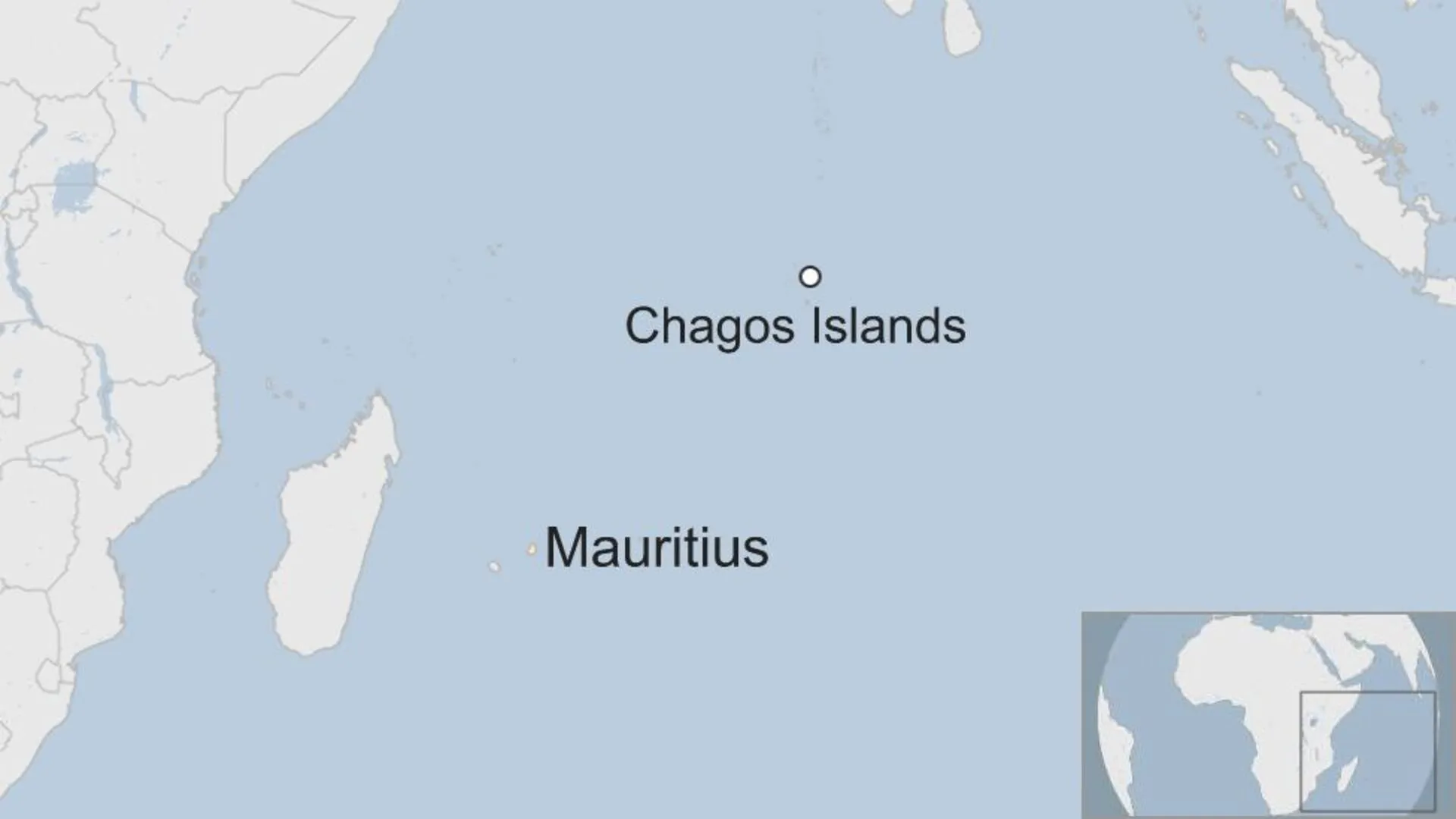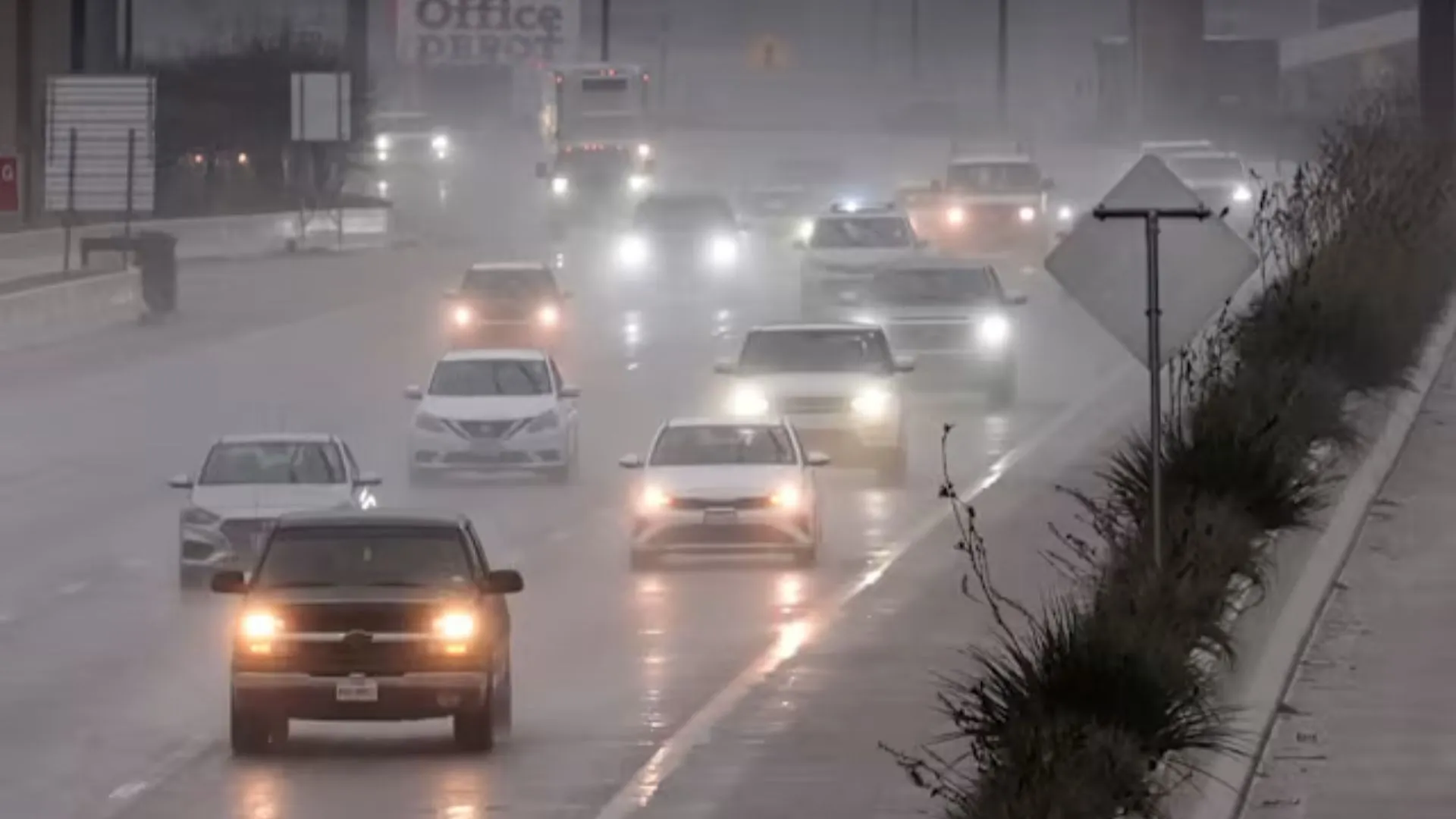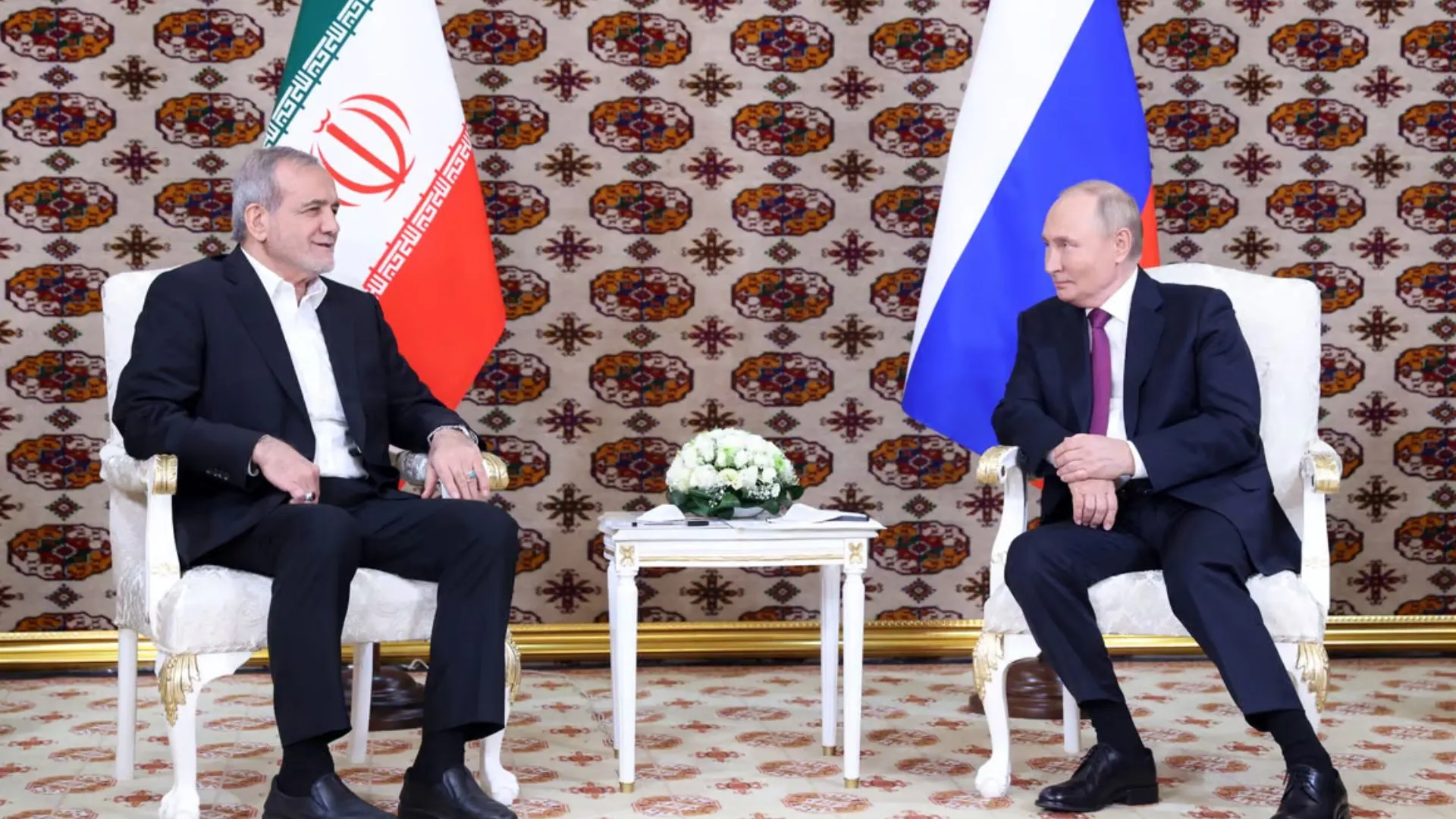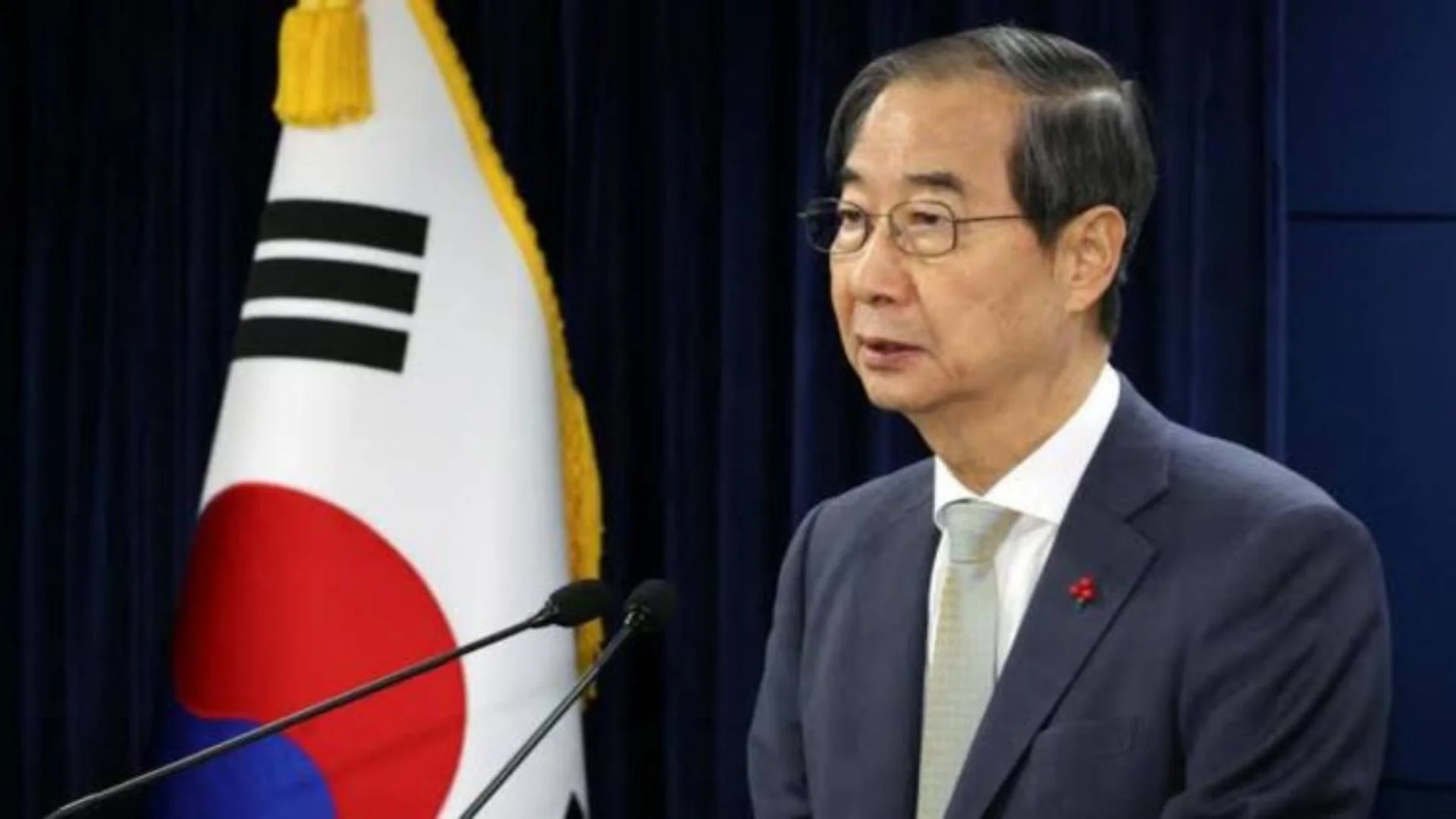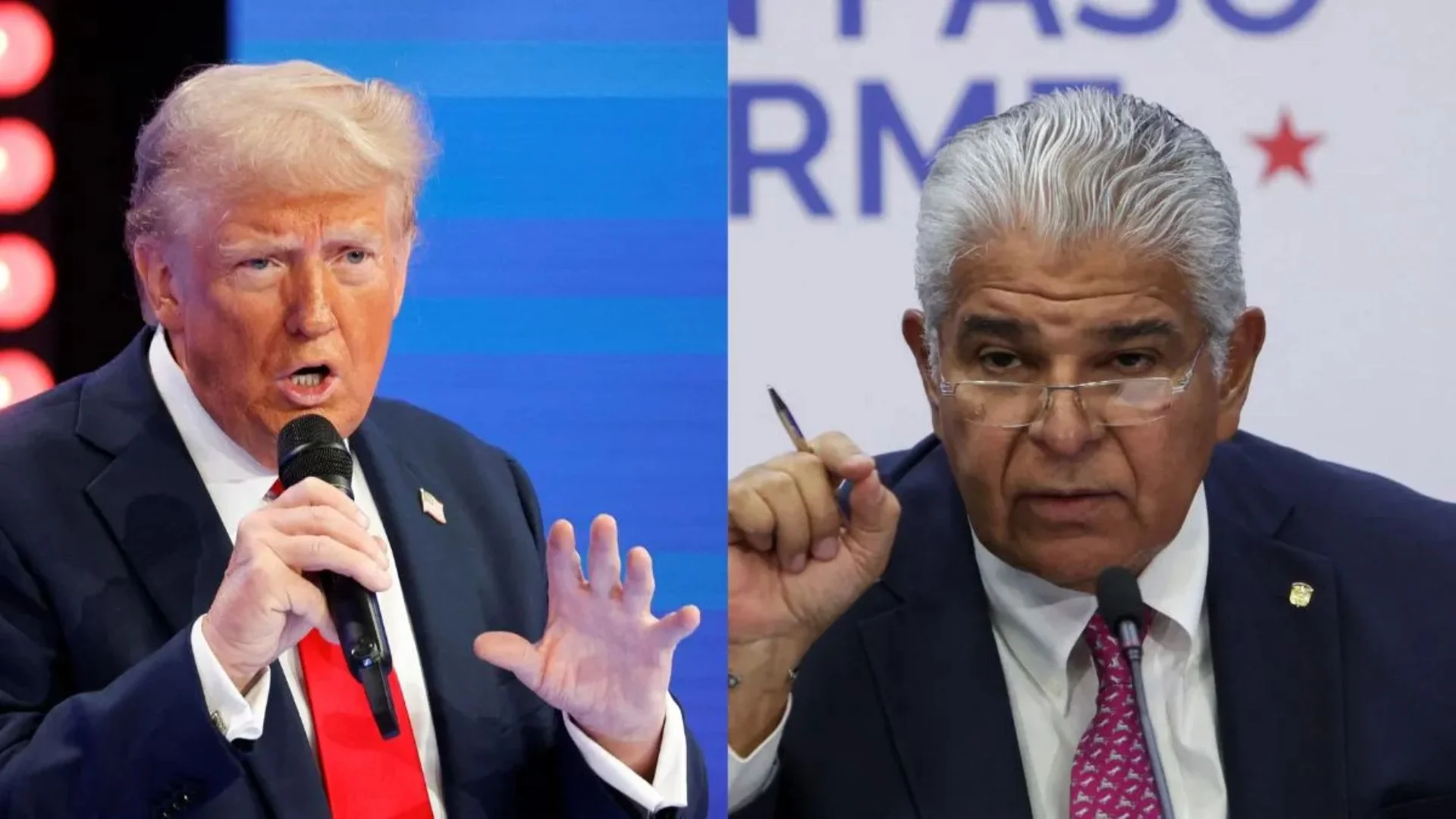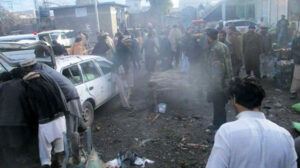The Kurram district in Pakistan’s Khyber Pakhtunkhwa province is grappling with a worsening humanitarian crisis. As the harsh winter sets in, the situation has grown more critical. Recently, seven-month-old Syed Rohan Shah tragically died of pneumonia because essential medicines were unavailable in Parachinar hospitals, according to reports.
Healthcare System Struggles to Cope
The healthcare system in Kurram is collapsing under immense pressure. Moreover, sectarian violence and road blockades have significantly worsened the crisis. The district, home to over 600,000 residents, has already witnessed more than 200 deaths in clashes since July.
Families are finding it nearly impossible to access basic medicines. For example, Syed Ajbar Hussain, the grandfather of the deceased child, said, “We couldn’t find the medicines or even the injections we needed anywhere.” Shockingly, even common fever reducers like Panadol are unavailable.
Furthermore, pneumonia has emerged as the leading cause of child deaths in the area. Dr. Hameed, a local physician, explained the severity of the situation. “We simply don’t have the resources to treat them,” he stated. Due to these shortages, many children are dying from untreated infections. Similarly, Shujaat Hussain expressed frustration, saying, “Something as simple as Panadol syrup has not been available for months.”
According to Edhi rescue services, at least 50 children have died from a lack of medical treatment. Notably, 31 of these deaths occurred at the DHQ Hospital in Parachinar.
Road Blockades Deepen the Crisis
In October, the provincial government closed the main highway leading into Kurram. Consequently, this decision has left the district isolated, resulting in severe shortages of food, medical supplies, and other essentials. Hospitals now struggle to meet the rising demand for medicines and care.
However, provincial authorities have denied any direct link between the road closures and the rising death toll. During a press conference on December 18, KP Chief Minister’s Advisor Barrister Muhammad Ali Saif stated, “I can assure you that these deaths were not due to lack of facilities. There may be other maternity-related issues. Misunderstanding is being spread.”
On the other hand, local doctors argue that the situation is far worse than reported. They caution that many deaths go unreported because children often die at home without receiving medical care.
Government Aid Falls Short of Needs
To address the crisis, the government has sent medicines worth over Rs60 million via helicopters. Additionally, Chief Minister Ali Amin Gandapur acknowledged the seriousness of the situation. “The provincial government is utilising all available resources to alleviate the hardships faced by the people of Kurram,” he said.
Nevertheless, local leaders have criticized the aid for being insufficient. For instance, Haneef Hussain, president of the local drug association, said, “They sent malaria medication and doctor’s gloves. That is useless stuff. What we need are medicines to treat common illnesses like chest infections and pneumonia.”
Protests Escalate Amid Shortages
Meanwhile, residents have staged a sit-in outside the Parachinar Press Club to protest prolonged road closures. Social activist Asadullah described the crisis as dire. “Shops are empty, and markets are shuttered due to a critical shortage of food, gas, and essential supplies,” he explained. Moreover, food stocks have run out, putting many at risk of starvation.
In addition, philanthropist Faisal Edhi, who recently visited Kurram by helicopter, warned of worsening conditions. “Hospitals are running out of oxygen tanks, fuel, and medicines,” he said. “For a population of 400,000, sending one or two helicopters won’t solve the problem. The roads need to be reopened immediately to allow goods and medicines to reach the people.”
Protesters Demand Swift Action
As authorities continue to airlift limited supplies and evacuate stranded residents, the protests show no signs of ending. A protest leader made it clear, “The sit-in will not end until transport routes are restored.” Therefore, reopening the roads and ensuring sustained relief efforts are crucial to resolving the escalating crisis in Kurram.




